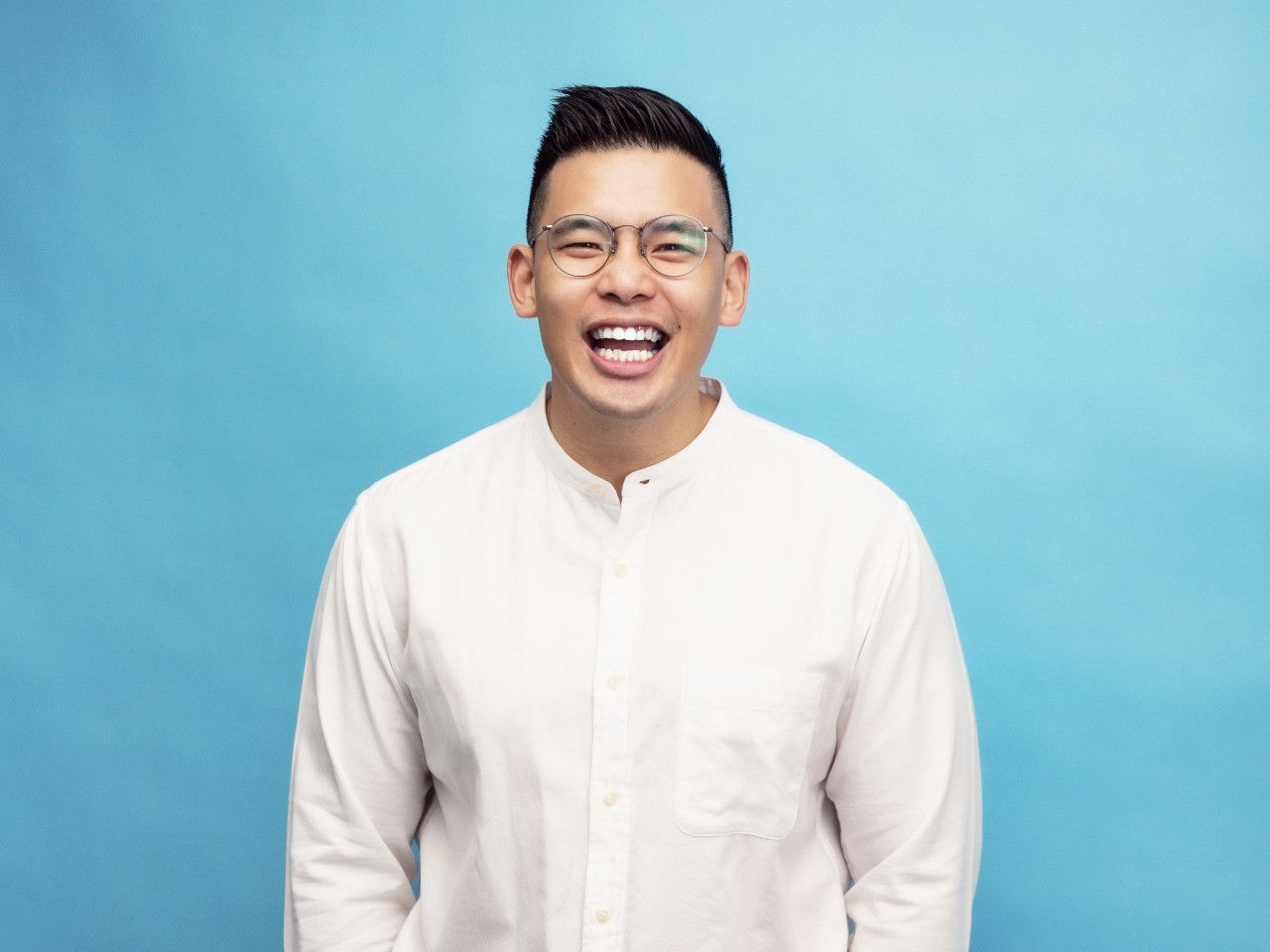John-Hans Oei, co-founder and CEO of Cultiveat, wants to bring farming into to the 21st century by employing new methods that yield better quality crops and a significantly reduced impact on the environment
The farming ecosystem in Malaysia is fast becoming less competitive and more challenging to sustain, says social entrepreneur John-Hans Oei. Most rural farmers still rely on outdated farming techniques, which puts their crops—and earnings—at the mercy of natural forces such as climate and weather.
In addition, intermediaries take a significant chunk out of what profit farmers do make. These factors have made younger generations less inclined to seek a career in agriculture. Oei is out to change all that.
Through his startup Cultiveat, which he co-founded with his elder brother John-Ian in 2019, Oei wants to provide Malaysians with better quality, pesticide-free produce by using more environmentally friendly farming methods.
Cultiveat uses automation and technology to make farming more efficient and sustainable. “Farming is all about control,” Oei says. “The more control you have, the better you farm. We control the heat, the humidity, the light intensity.”
See also: How The Circular Economy Offers Businesses A Competitive Advantage
By controlling these factors, Cultiveat is able to produce about two tonnes of fresh vegetables a month at its farm in Klang, a town about 45km from Kuala Lumpur. Besides vegetables, Cultiveat also grows herbs, melons, pumpkins, cucumbers and edible flowers.
The crops are grown inside massive indoor enclosures, which are equipped with blinds and sensors to control and monitor the atmospheric conditions within each space, while keeping pests and bacteria out.
The organisation also teaches local farmers his company's modern farming techniques, helping them to set up their own similar systems. “We want to help farmers who are interested in knowing how we operate our farm, and will guide them to achieve the ideal level of output that will give them better returns.”
To further reduce Cultiveat’s carbon footprint, Oei says he is considering using electric vehicles to transport his produce to customers and retailers in the future. With a plug-in hybrid car like the Volvo XC40 Recharge, which is powered by two electric motors that offer up to 44km in pure electric range, functionality comes at a lower cost to the environment.
It would be a decision that fits Oei's wider mission: to modernise agriculture to benefit consumers, farmers and the environment. “I have a responsibility to the next generation to do my all to leave the Earth in a better state.”
Learn more about Volvo's sustainability mission.

